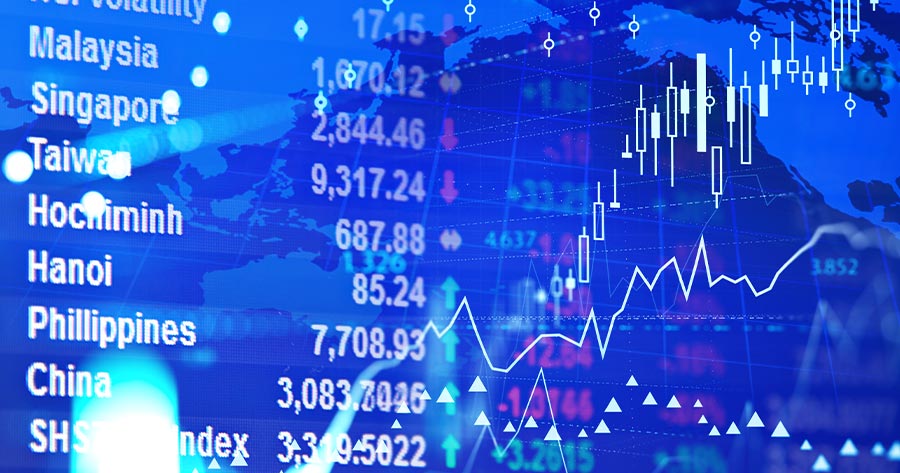On Tuesday morning (11 November, 9:09 AM, GMT+7, Bangkok time), most major indices in Asia Pacific exhibited an upward trend, buoyed by renewed enthusiasm surrounding artificial intelligence and increased optimism that the U.S. government shutdown may soon conclude following a rally on Wall Street.
U.S. President Donald Trump indicated his backing for a bipartisan agreement to resolve the shutdown, a significant move that raises the likelihood of government operations resuming in the coming days.
Investors interpreted the Senate’s action as a notable step forward, as ending the shutdown would restore access to key economic data and provide greater insight into future monetary policy directions.
Japan’s NIKKEI increased by 0.57% to 51,199.56. South Korea’s KOSPI jumped by 2.18% to 4,162.13, while Australia’s ASX 200 dipped by 0.06% to 8,830.60.
As for stocks in China, Shenzhen’s SZI rose by 0.33% to 13,471.84. Hong Kong’s HSI surged by 0.27% to 26,720.86, while Shanghai’s SSEC shrank by 0.08% to 4,015.44.
The U.S. stock markets edged up on Monday as the Dow Jones Industrial Average (DJIA) escalated by 0.81% to 47,368.63. NASDAQ gained 2.27% to 23,527.17, and S&P 500 expanded by 1.54% to 6,832.43. VIX slumped by 7.76% to 17.60.
As for commodities, oil prices settled higher on Monday as market participants weighed the risk of supply disruptions caused by new U.S. sanctions and Ukrainian drone strikes targeting Russian refineries. However, expectations of a crude surplus capped further gains. Brent crude futures finished the session up 43 cents, or 0.7%, at $64.06 per barrel. Meanwhile, U.S. West Texas Intermediate crude futures climbed 38 cents, or 0.6%, to close at $60.13 a barrel.
This morning, Brent crude futures lost 22 cents, or 0.34%, to $63.84 per barrel, and the WTI contracted 22 cents, or 0.37%, to $59.91 per barrel.
Meanwhile, gold futures added 0.50% to $4,142.70 per Troy ounce.



